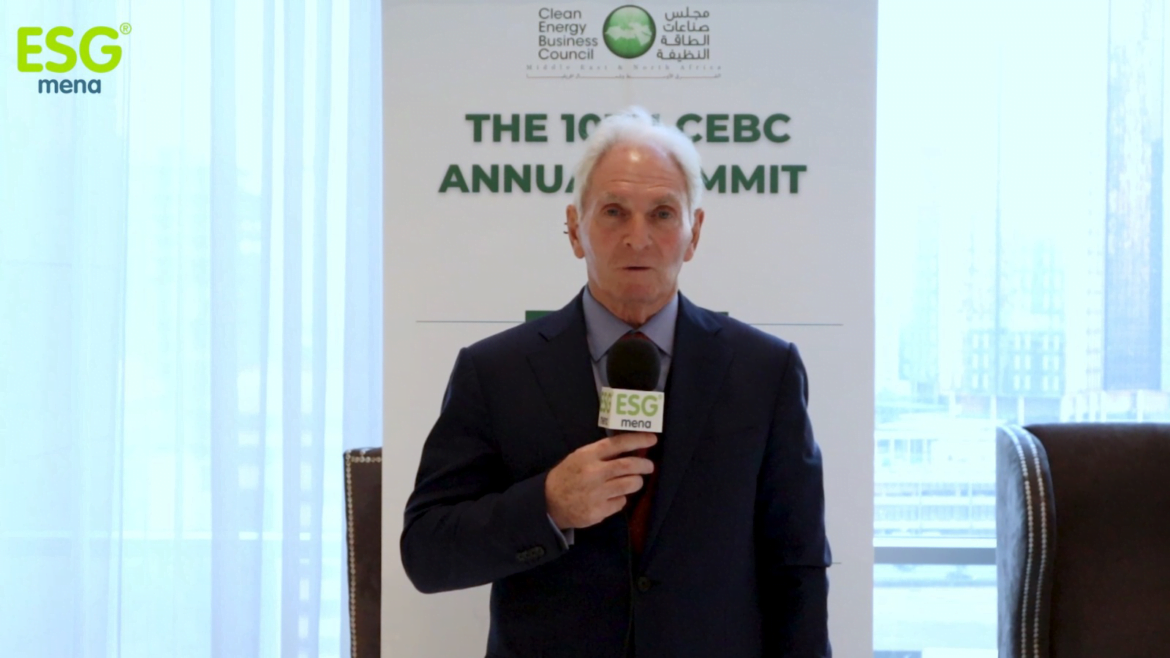Monthly Archives
January 2023
BP has launched its Energy Outlook 2023 which explores key trends and uncertainties surrounding the energy transition. This year’s bp Energy Outlook explores the key trends and uncertainties surrounding the …
- EnergyLatest News
Abdul Latif Jameel Energy’s FRV achieves financial close for two of its UK battery storage projects
Fotowatio Renewable Ventures (FRV), a leading developer of sustainable energy solutions, and part of Abdul Latif Jameel Energy, has completed the financial close for two of its battery energy storage …
With the aim of promoting sustainable forms of mining, operational management consultancy dss⁺ are all set to present their sustainable operations vision at the upcoming Mining Indaba 2023 event in …
- EnvironmentLatest News
Xodus review identifies emissions reduction opportunities, costs savings for Middle East operator
Global energy consultancy Xodus has identified significant emissions and cost savings following a greenhouse gas (GHG) emissions baseline and energy efficiency review for a Middle East operator’s fleet of drilling …
- Latest News
Arab Health 2023:EHSunveils world’s 1st research project on ‘Microbubble Treatments for Children’
Emirates Health Services (EHS) has launched the “Microbubble Treatments for Children” programme – the world’s first non-surgical programme of this kind – along with two other breakthrough projects on day one of …
- EnergyLatest News
Mitsubishi Power stresses commitment to Saudi Arabia domestic value creation and decarbonisation goals
Mitsubishi Power, a power solution brand of Mitsubishi Heavy Industries, Ltd. (MHI), is demonstrating its commitment to supporting the Kingdom of Saudi Arabia’s clean energy infrastructure and boosting national talent …
With the world still recovering from the COVID-19 pandemic and the increasing health dangers posed by climate change, there has never been a greater need for a resilient healthcare system …
Newer Posts




